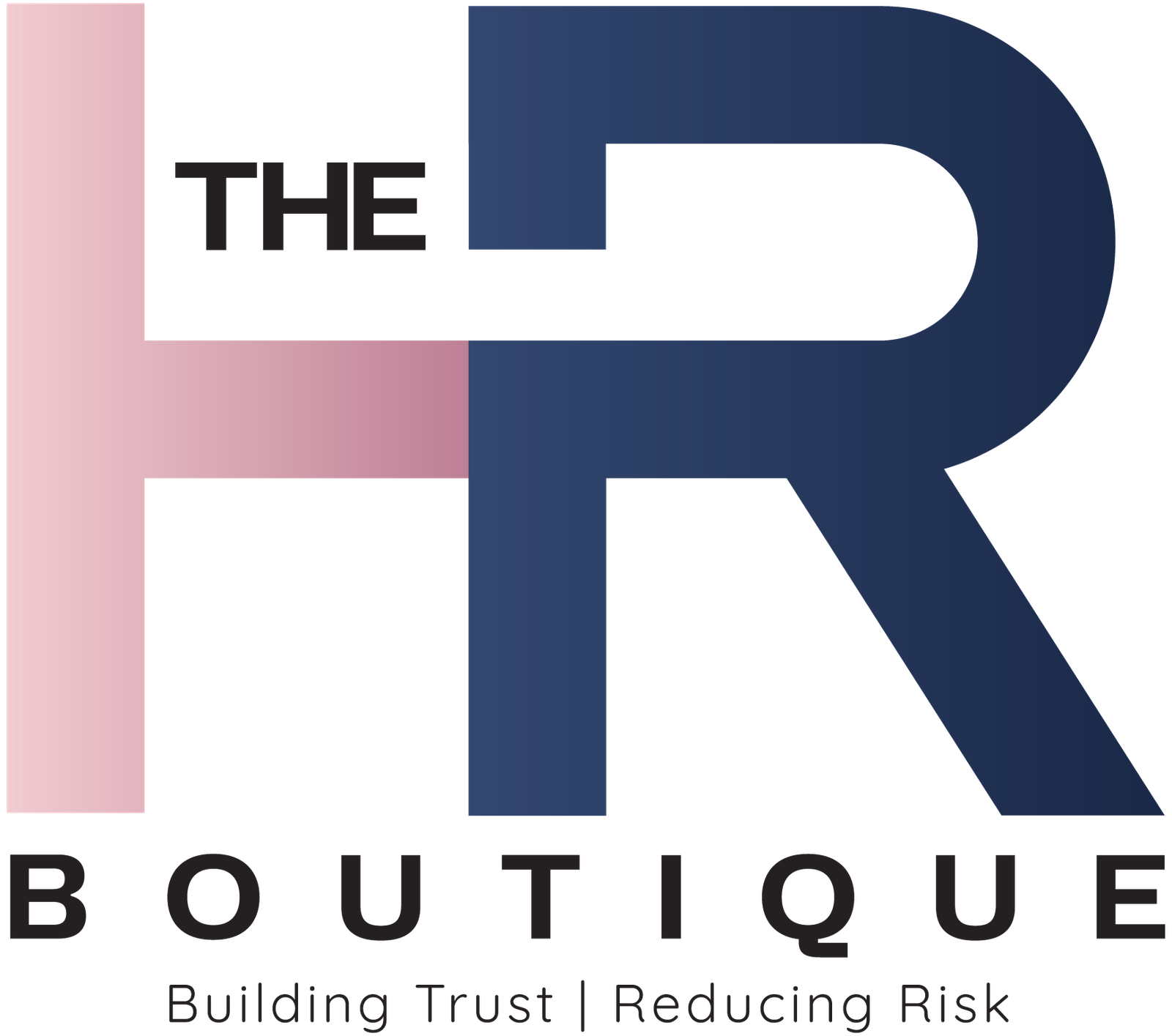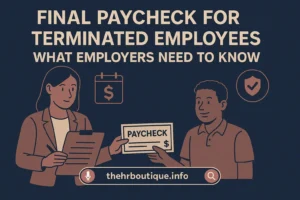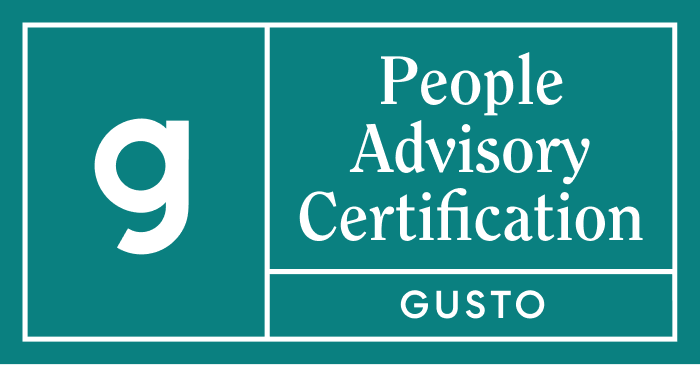When you hear the term “Human Resources,” what comes to mind? If you’re picturing a department that just handles hiring and payroll, you’re only scratching the surface. Human Resources (HR) is so much more—it’s the backbone of any successful organization.
But what exactly do we mean by Human Resources Services? Why are they so crucial for businesses, big or small? And how do HR solutions play a role in streamlining workplace operations?
In this article, we’ll break it all down in simple, relatable terms—no corporate jargon, just clear explanations that help you understand HR’s real value.
What Is Human Resources Services?
Human Resources Services encompass all the functions and activities that help manage a company’s workforce effectively. Think of HR as the bridge between employees and employers—ensuring that both sides work together smoothly.
HR isn’t just about hiring and firing. It covers everything from recruitment, training, payroll, benefits, employee engagement, compliance with labor laws, conflict resolution, and even shaping company culture. Essentially, if it involves people at work, HR has a role in it.
Why Are HR Services Important?
Imagine running a business where:
- Employees don’t get paid on time.
- Workplace conflicts go unresolved.
- No one knows if they’re following labor laws.
- There’s no system for hiring or training new staff.
Chaos, right? That’s where HR steps in. Proper HR services ensure:
- Smooth operations – Employees are managed efficiently.
- Legal compliance – The company follows employment laws.
- Employee satisfaction – Happy employees stay longer and perform better.
- Strategic growth – The right talent is hired and nurtured.
Whether a company has an in-house HR team or outsources HR services, these functions are non-negotiable for long-term success.
Human Resources Services Definition
If we were to define Human Resources Services formally, it would be:
“The range of support functions provided by an HR department or external HR service provider to manage employee-related processes, ensuring legal compliance, workforce efficiency, and a positive work environment.”
But let’s simplify that. HR services are all the behind-the-scenes work that keeps a company’s people operations running smoothly.
Key HR Services Every Business Needs
Here’s a breakdown of the core HR services most companies rely on:
1. Recruitment & Staffing
Finding the right people isn’t easy. HR handles:
- Writing job descriptions.
- Posting job ads.
- Screening resumes.
- Conducting interviews.
- Onboarding new hires.
Without structured hiring processes, businesses risk high turnover or bad hires.
2. Payroll & Compensation
Getting paid accurately and on time is a basic employee right. HR ensures:
- Salaries, bonuses, and deductions are processed correctly.
- Tax filings and compliance are handled.
- Benefits (health insurance, retirement plans) are managed.
3. Training & Development
Employees need growth opportunities to stay engaged. HR organizes:
- Orientation for new hires.
- Skills training programs.
- Leadership development.
- Workshops on compliance (e.g., harassment prevention).
4. Performance Management
How do you know if employees are meeting expectations? HR implements:
- Performance reviews.
- Feedback systems.
- Reward and recognition programs.
- Improvement plans for underperformers.
5. Employee Relations & Conflict Resolution
Workplace conflicts happen. HR acts as a mediator to:
- Address grievances fairly.
- Prevent discrimination and harassment.
- Foster a positive work culture.
6. Compliance & Legal Support
Employment laws are complex. HR ensures the company follows:
- Labor laws (minimum wage, overtime).
- Workplace safety regulations (OSHA).
- Anti-discrimination laws (EEOC).
7. Benefits Administration
Beyond salary, employees care about benefits. HR manages:
- Health, dental, and vision insurance.
- Retirement plans (401k).
- Paid time off (PTO) policies.
- Wellness programs.
8. HR Technology & Data Management
Modern HR relies on software for:
- Tracking employee records.
- Automating payroll.
- Managing recruitment (Applicant Tracking Systems).
- Analyzing workforce trends.
What Is an HR Solution?
Now that we’ve covered HR services, let’s talk about HR solutions.
An HR solution refers to the tools, software, or services that help businesses manage HR functions more efficiently. Instead of handling everything manually (which is time-consuming and error-prone), companies use HR solutions to automate and streamline processes.
Types of HR Solutions
1. HR Software (HRIS/HCM)
- HR Information Systems (HRIS) – Stores employee data (personal details, attendance, performance).
- Human Capital Management (HCM) Software – A more comprehensive tool covering payroll, talent management, and analytics.
Popular examples: BambooHR, Workday, ADP.
2. Recruitment & Applicant Tracking Systems (ATS)
- Automates job postings, resume screening, and interview scheduling.
- Helps find the best candidates faster.
Examples: Greenhouse, Lever, Zoho Recruit.
3. Payroll & Benefits Platforms
- Automates salary calculations, tax deductions, and benefits enrollment.
- Reduces payroll errors.
Examples: Gusto, Paychex, Rippling.
4. Employee Engagement Tools
- Surveys, feedback systems, and recognition platforms.
- Helps measure and improve employee satisfaction.
Examples: 15Five, Bonusly, Culture Amp.
5. Learning Management Systems (LMS)
- Provides online training courses and tracks employee progress.
- Essential for upskilling staff.
Examples: TalentLMS, Cornerstone, Udemy for Business.
Why Do Businesses Need HR Solutions?
- Saves time – Automation reduces manual work.
- Reduces errors – Fewer mistakes in payroll and compliance.
- Improves decision-making – Data analytics helps in workforce planning.
- Enhances employee experience – Self-service portals let employees manage their info.
Small businesses, in particular, benefit from outsourced HR solutions since they may not have a full HR team.
Final Thoughts: Why HR Services Matter for Your Business
Whether you’re a startup, a growing business, or a large corporation, Human Resources Services are not just a support function—they’re a strategic necessity.
From hiring the right talent to keeping employees happy and ensuring legal compliance, HR plays a pivotal role in business success. And with modern HR solutions, managing these tasks has become more efficient than ever.
If you’re running a business and still handling HR tasks manually, it might be time to explore HR software or outsourcing options. Because when your workforce is well-managed, your entire business thrives.
Got questions about HR services? Drop them in the comments—we’d love to help!





